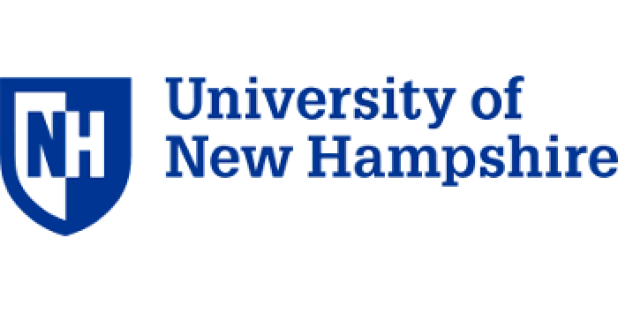Join us for a free one-day workshop for educators at the Japanese American National Museum, hosted by the USC U.S.-China Institute and the National Consortium for Teaching about Asia. This workshop will include a guided tour of the beloved exhibition Common Ground: The Heart of Community, slated to close permanently in January 2025. Following the tour, learn strategies for engaging students in the primary source artifacts, images, and documents found in JANM’s vast collection and discover classroom-ready resources to support teaching and learning about the Japanese American experience.
Post-humanism in Modern Chinese Culture
The Confucius Institute at the University of New Hampshire presents a conference focused on the study of post-humanism in modern Chinese culture.
Where

As with other modern cultures, China in the 20th and 21st century faces the fundamental challenge of re-defining what it means to be human under the changed historical situation. Humanism has unsurprisingly gained wide currency along the way. Humanist discourse not only played a crucial part in launching the New Culture Movement in early 20th century and in re-orienting the intellectual culture in the post-Mao era of 1980s, it also functions as a general underlying principle for many cultural productions and intellectual discussions in modern China.
On the other hand, however, the re-definition of the human has also taken a direction that might be characterized as a posthumanist approach, in the sense that it questions the rationalist premise of humanism and challenges the humanist division between human and animal, and between nature and culture. Posthumanism has never acquired the same level of discursive coherence and prominence as humanism, and sometimes even expresses itself in humanist terms. Despite this fact, however, it has nevertheless persisted as a significant intellectual trend, finding its spokesman in some of the most prominent modern Chinese minds, including Lu Xun. With the rapidly changing social and technological conditions in recent years, in particular, posthumanism has come to assume an increasingly important role in contemporary Chinese culture.
Featured Articles
Please join us for the Grad Mixer! Hosted by USC Annenberg Office of International Affairs, Enjoy food, drink and conversation with fellow students across USC Annenberg. Graduate students from any field are welcome to join, so it is a great opportunity to meet fellow students with IR/foreign policy-related research topics and interests.
RSVP link: https://forms.gle/1zer188RE9dCS6Ho6
Events
Hosted by USC Annenberg Office of International Affairs, enjoy food, drink and conversation with fellow international students.
Join us for an in-person conversation on Thursday, November 7th at 4pm with author David M. Lampton as he discusses his new book, Living U.S.-China Relations: From Cold War to Cold War. The book examines the history of U.S.-China relations across eight U.S. presidential administrations.




